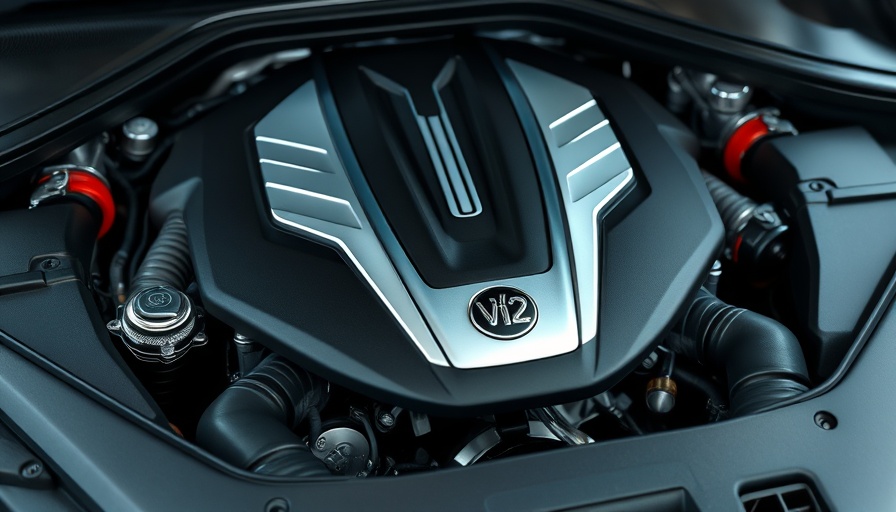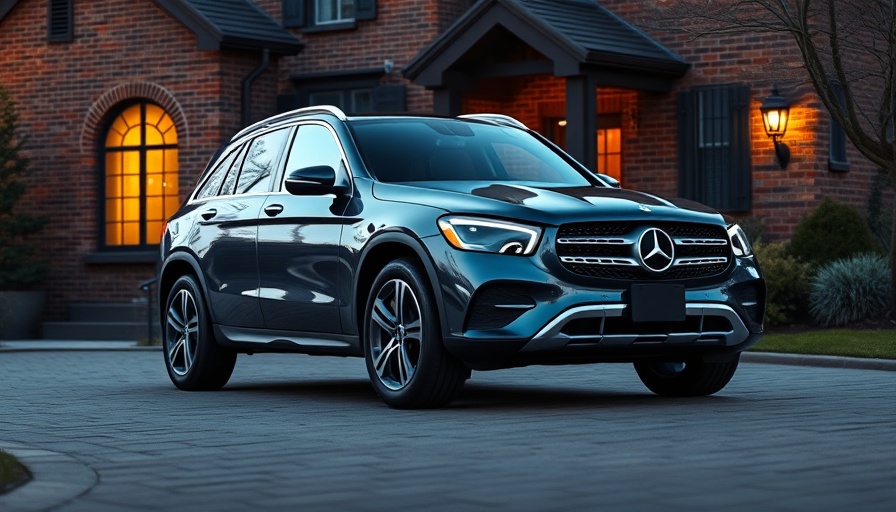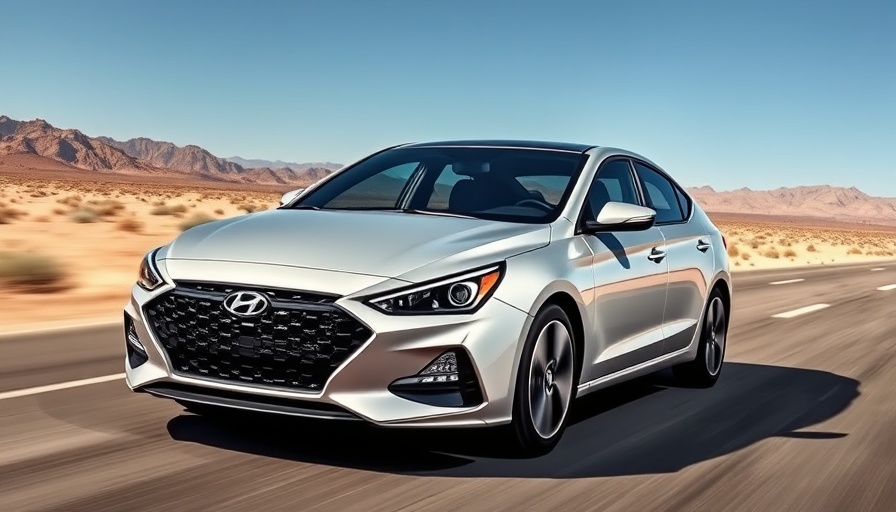
The Resurrection of the V-12 Engine in an Electrified Era
In a world rapidly leaning towards efficiency and small-displacement engines, the V-12 engine seemed like it might soon be relic of the past. Yet, Mercedes-Benz has stepped in with a surprising assertion that the V-12 will endure a bit longer. This news, emanating from Markus Schäfer, the automaker's tech chief, highlights an intriguing tension in the auto industry between sustainability and performance.
Strengthening Performance amidst Changing Regulations
Currently, only the Maybach S680 utilizes the V-12 engine, which features a potent 6.0-liter twin-turbocharged powerhouse delivering 621 horsepower—a robust offering, albeit with a starting price of $235,450. As emissions regulations tighten, particularly in the EU with the advent of the Euro 7 guidelines, one must wonder how Mercedes plans to maintain this beast. Will it be through hybrid technology that enhances performance while also adhering to environmental standards? The company's commitment to the V-12, albeit speculative, carries significant implications for consumers and the industry alike.
A Decline in V-12 Options: What Lies Ahead?
As of 2025, only eleven cars will provide the V-12 option, predominantly from luxury brands such as Ferrari, Lamborghini, and Rolls-Royce. This dwindling choice underscores a significant market shift, with consumers increasingly attracted to smaller, more efficient engines. However, the U.S. market might provide a lifeline for these engines due to its comparatively lenient emissions regulations. As global environmental priorities evolve, consumers in various regions will directly affect the viability of luxury vehicles housing these grand engines.
Implications for the Automotive Market
The decision to continue offering the V-12 mathematics amidst a shifting market exemplifies the balancing act car manufacturers must execute between complexity and consumer demand for high-performance luxury. While many automakers are transitioning towards electric and hybrid models, a niche market remains eager for powerful traditional engines. This focus offers strategic advantages for manufacturers like Mercedes-Benz as they cater to unique customer preferences while navigating the broader market trends.
This discussion surrounding the V-12 will not only resonate with car enthusiasts but also carries implications for auto dealers and manufacturers who must consider customer desires for both innovation and legacy. Keeping an ear to the ground regarding these developments is essential, as shifts in powertrain dynamics could reshape the entirety of the automotive landscape moving forward.
In conclusion, as Mercedes-Benz vows to keep the V-12 alive, it opens up a broader dialogue about the future of automotive performance in a world largely focused on efficiency and sustainability. Stay informed on these pivotal changes to make impactful decisions in the automotive sector.
 Add Row
Add Row  Add
Add 




Write A Comment